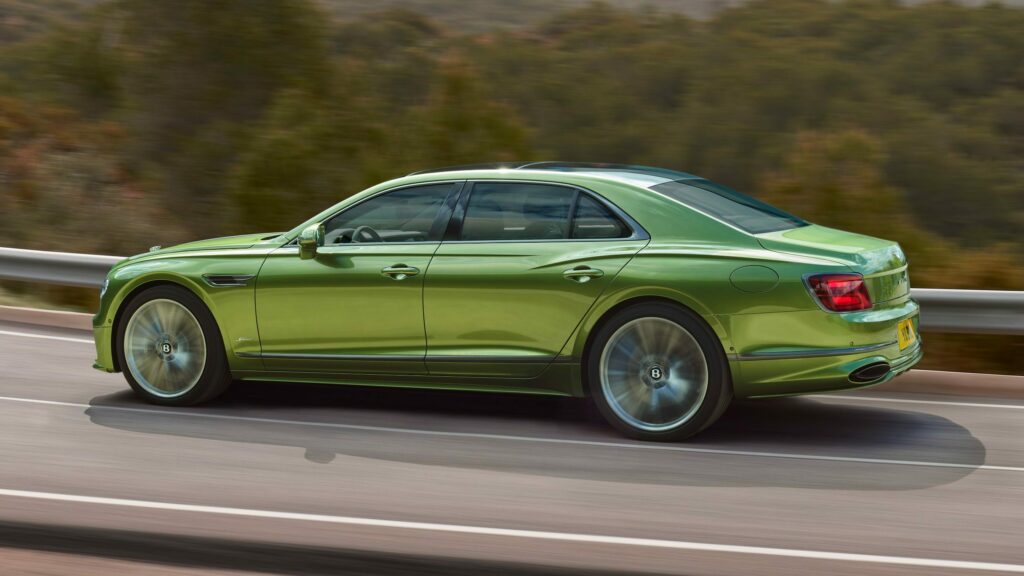A New Twist in Bentley’s Strategy
Bentley’s future has taken another unexpected turn. This morning, spy photos captured the brand’s electric crossover during testing; however, the company is abandoning its plans to fully transition to electric power. This is yet another change of course for Bentley, which initially planned to sell only electric cars by 2030. Then the ultra-luxury brand postponed this date to 2035, and now everything is uncertain again.
More: Bentley Confirms Launch of First Electric Car in 2026, But Postpones Full Electrification Goal by 5 Years
Partners’ Influence on the Decision
In a conversation with Autocar, Bentley CEO Frank-Steffen Walliser seemed to blame Audi and Porsche for the changes. These three brands are closely linked, as they use shared platforms, powertrains, and components. Consequently, their decision to continue offering internal combustion engines has impacted Bentley.
Petrol Engines Remain
This means we can expect petrol versions of the next-generation Bentayga, Continental, and Flying Spur. It is said to be a concession to North America and the Middle East, which are not very interested in ultra-luxury electric vehicles. As Walliser explained:
“There is a decline in demand for luxury electric cars, and customer demand is not yet strong enough to support a full electric transition strategy.”

Continued Electrification
Despite the changes, Bentley continues to implement electrification and plans to launch a new hybrid or electric vehicle every year, starting in 2026. This will begin with their electric urban SUV and will likely continue with a greater focus on hybrids.
Performance with a Plug
While the future remains uncertain, spy photos have already captured a high-performance version of the Continental GT Speed. It is expected to revive the Supersports name and receive a high-performance hybrid system consisting of a twin-turbocharged 4.0-liter V8 engine, an electric motor, and a 25.9 kWh battery pack. This setup is expected to give the model a combined output of over 771 horsepower.

This change in strategy reflects broader trends in the automotive industry, where many manufacturers are reevaluating the pace of the transition to electric power. Market conditions, especially in key regions for luxury cars, show that consumers are not yet ready to completely abandon traditional engines. Thus, Bentley is demonstrating flexibility, trying to balance innovation with the real needs of its customers.


 by
by 
